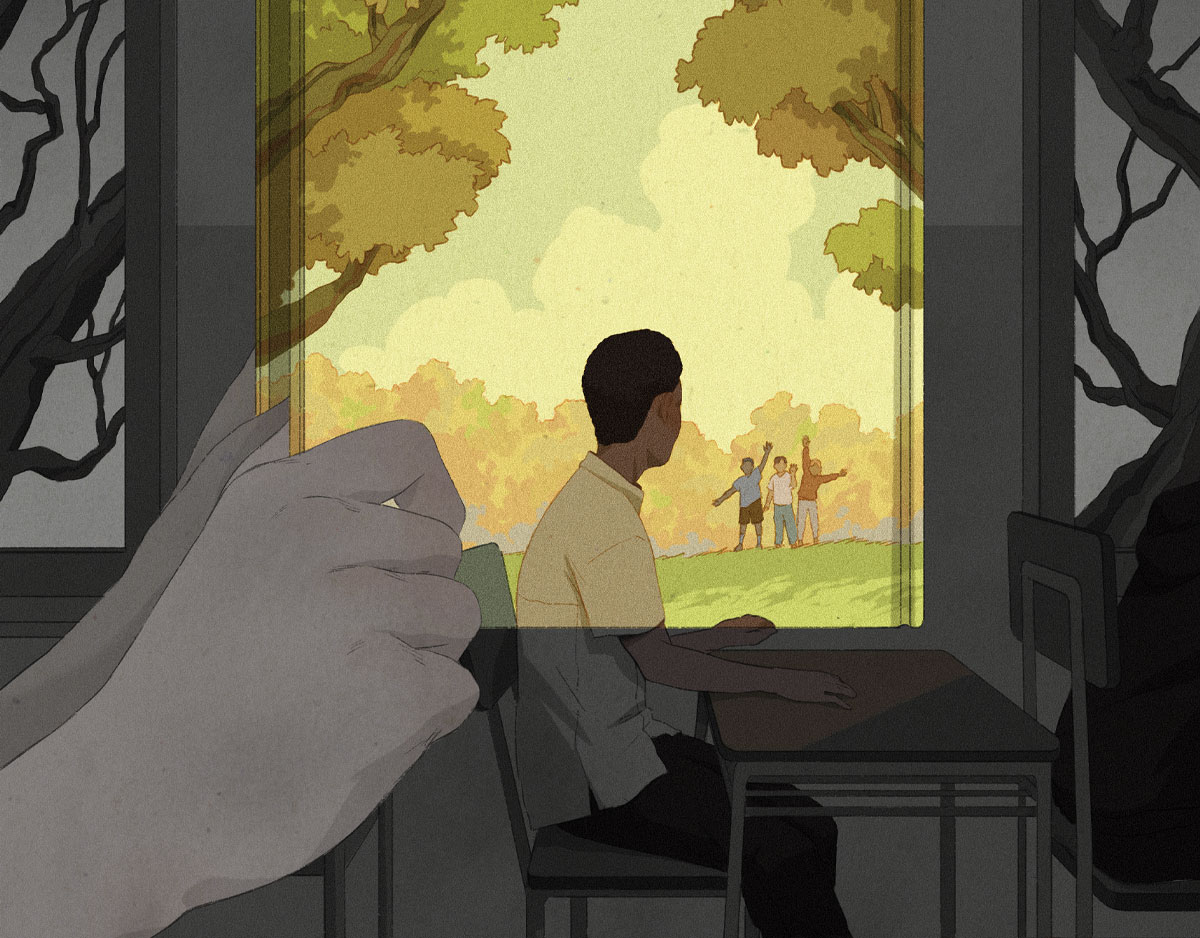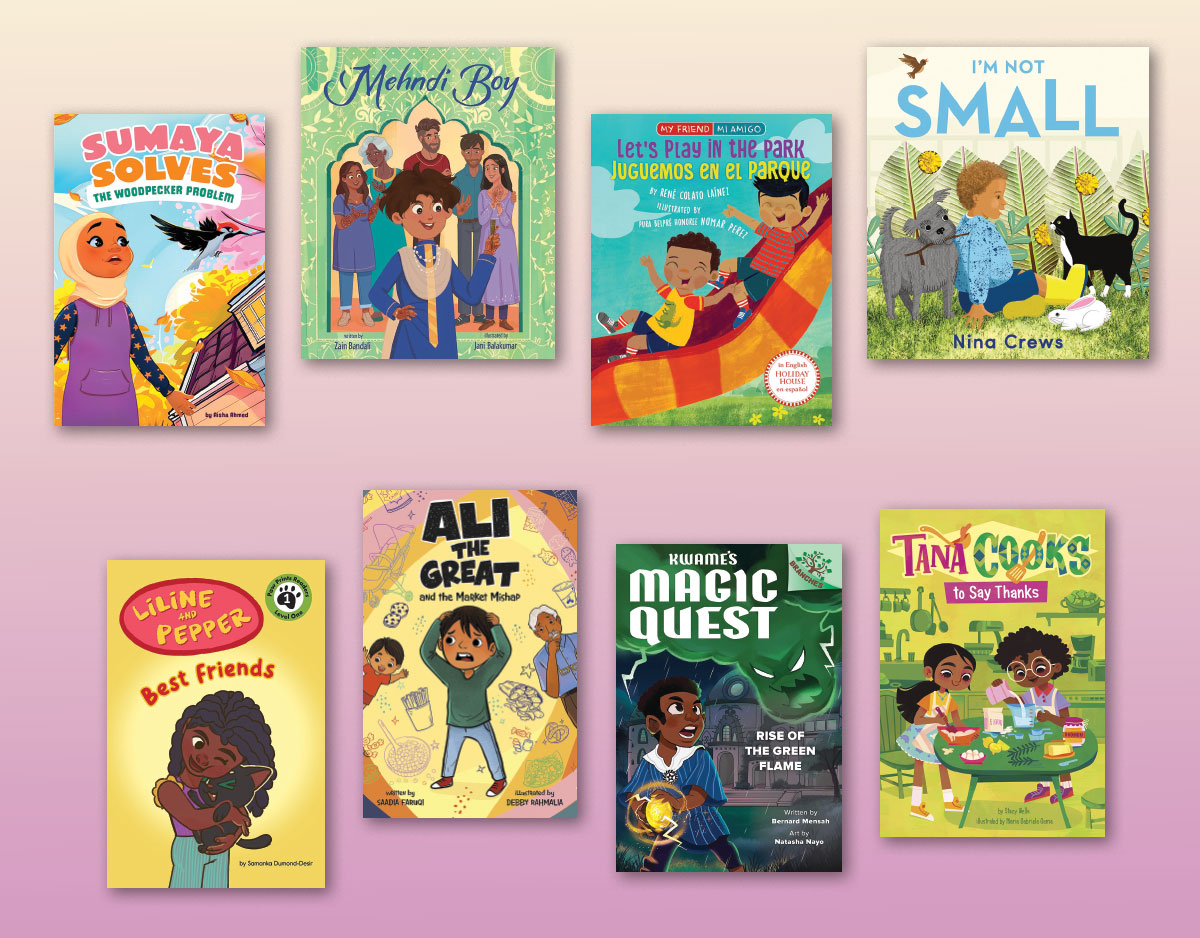SCROLL DOWN TO READ THE POST
Blink & Caution
 Blink & Caution has received stars from Kirkus and SLJ, and PW, a 5Q/4P from VOYA (per Books in Print), and the Boston Globe-Horn Book Award, plus it was just named a finalist for the Canada Council for the Arts Governor General’s Literary Awards. So, you know, this book is no slouch.
Blink & Caution has received stars from Kirkus and SLJ, and PW, a 5Q/4P from VOYA (per Books in Print), and the Boston Globe-Horn Book Award, plus it was just named a finalist for the Canada Council for the Arts Governor General’s Literary Awards. So, you know, this book is no slouch.
And let’s get this out of the way up front: it’s a good book. It deserves praise.
But it’s flawed, and the flaws are literary in nature. And I’m mostly only going to talk about the flaws, because all those links at the start cover the good stuff really well and in great detail.
ADVERTISEMENT
ADVERTISEMENT
So, in case you haven’t read it, the plot in a nutshell: Two teens on the streets of Toronto, both damaged by their pasts, find each other and a mystery.
The narration alternates between Caution (“She was the one who came up with the name Caution for herself. Caution, as in Slippery When Wet; Caution, as in Harmful if Swallowed; Caution, as in Toxic”), who has left a comfortable rural life with a caring family after a terrible thing, and Blink, who has been living on the streets after leaving his abusive home life.
The Caution chapters employ a fairly straightforward third person narration, with some flourishes; it’s clear that the narrative is firmly fixed in Caution’s POV, and some of Caution’s personality (which underneath her guilt and misery is feisty, even funny in a dry way) comes through. She is perceptive and elicits sympathy: this smart, spirited girl should clearly not be living with a drug dealing tool who hurts her, but her guilt is palpable and she has deliberately put herself into a bad place to punish herself. The fact that Caution sees this herself only adds to her appeal as a character, and shows just how broken that tragedy in her past has left her.
But what about that tragedy? This is a minor quibble, and not a make it or break it in and of itself, but the story of just what happened in the past is doled out too slowly. Some of this pacing fits: readers are in Caution’s head to some extent and she doesn’t want to talk about it, but the suspense lasts too long given her utter candidness about herself and her situation in so many other ways. She might not want to think about what happened, but the character as she has been written wouldn’t be able to avoid it completely: the slow reveal becomes a device after a certain point.
Blink, on the other hand, gets press in the reviews for the daring second person voice. Second person always seems to call for oohs and ahhhs, and done well, it’s a marvel. But second person conveys a lot. In this case, the opening, second person narrative conveys a sense of insanity. It reads as if he is talking to himself, and he uses some interesting language (“You followed him to school one day, which was against the rules;” “Blessed Breakfast Uniform” — and that’s just from the first page). Schizophrenia? Reality disconnect? Some sort of Aspberger’s that he compensates for by narrating to himself his own experiences? This is a powerful hook: who is he and what’s wrong with him? If he’s this messed up, how can he solve this mystery he’s stumbled into?
Oh, wait: he’s got a tic*, sure, hence the nickname Blink. But mostly he’s just a guy who’s had a hard life. So why the fancy narrative? Why the misleading voice? My notes say “forced!” and “artifice!” once it became clear that there was no major mental complication behind that fancy narration (I tend to think in exclamations.) Blink doesn’t add up, ultimately, because the voice and the character don’t match. That second person narrative exerts a spell: you keep reading because you are being addressed, even though the “you” being addressed is actually Blink. It creates a forward momentum, and it’s beautifully done. But it’s not a voice that makes sense for this character given his later actions and the fact that under the nervous tics he’s a pretty normal guy (although naive and lacking confidence). I cannot fathom a purpose for this voice, and the moment I realized no explanation was forthcoming was definitely accompanied by the sound of a cracking windshield. More than that, the voice talks about Blink as if he’s stupid (“Your brain is hurting from all the information in your brain box…”) in really smart ways. Cognitive dissonance for Blink and the reader, which would be awesome paralleling on the meta level but only if it made sense in the context of the novel, which it doesn’t.
*Caution does ask if he has Tourette’s Syndrome, but doesn’t quite believe that diagnosis herself, implying that Blink’s facial tic (he blinks, hence the nickname) is relatively mild; also he seems less twitchy as the book goes on, which further indicates that the tic is likely an outward manifestation of stress or misery.
ADVERTISEMENT
ADVERTISEMENT
(I should note here that in her audiobook review, Liz over at Teacozy had a very different, and quite interesting take on the second person voice. If we were at the table together, we’d certainly discuss this difference of interpretation, although there’s a reason audiobooks have their own awards and lists.)
That might have been my break it moment, but by the time I had read enough to understand that something didn’t match between voice and character, I had gotten invested in both protagonists. So I kept going, although the mystery/suspense/action parts of the story were only interesting inasmuch as the (let’s face it, absurd) situation let them grow and rediscover their true selves (Brent and Kitty, lost souls in search of solace and love), making the second half of the book a less compelling read.
And then (spoiler alert): happy endings all around! Mystery solved! No significant physical harm! And they get to go home again, and they even get to kiss! SO HAPPY.
Ok, in all fairness, that’s overstating it a bit.
But their pain was so palpable for so much of the book, especially for Caution/Kitty, that the ease of the happy ending rang false. Life is complex. Brent and Kitty are complex. The language of the novel is complex. So why the overly simplistic ending? It’s just too easy, and it shows after the complexities of the whole. It also feels cheap. Would the ending have bothered me as much if I weren’t already looking through a crack? Maybe not, but on top of other flaws, the ending killed the book.
Don’t get me wrong: I put this book in my collection. I’ll recommend it. There is appeal here, in spades, and that happy ending might satisfy many readers who want light at the end of the tunnel. But at the table, assessing this for straight up quality of writing? I wouldn’t be able to support this one for a sticker. Even though I liked it, and even though I cried, it has too many issues that were, for me, fatal.
Pub details: Candewick March 2011. Reviewed from ARC.
Filed under: Contenders, Fiction
About Karyn Silverman
Karyn Silverman is the High School Librarian and Educational Technology Department Chair at LREI, Little Red School House & Elisabeth Irwin High School (say that ten times fast!). Karyn has served on YALSA’s Quick Picks and Best Books committees and was a member of the 2009 Printz committee. She has reviewed for Kirkus and School Library Journal. She has a lot of opinions about almost everything, as long as all the things are books. Said opinions do not reflect the attitudes or opinions of SLJ, LREI, YALSA or any other institutions with which she is affiliated. Find her on Twitter @InfoWitch or e-mail her at karynsilverman at gmail dot com.
ADVERTISEMENT
SLJ Blog Network
It’s a Newbery Extravaganza! The Yarn LIVE at ALA Annual 2025
Annoyingly FABULOUS Picture Books of 2025 (So Far): Picture Books Are WAY Too Good This Year and I Am Taking It As a Personal Attack
Frankie and the Curious Cocoon Quest | News and Preview
Go Your Own Way, a guest post by Briana Johnson
The Classroom Bookshelf is Moving
ADVERTISEMENT
ADVERTISEMENT







